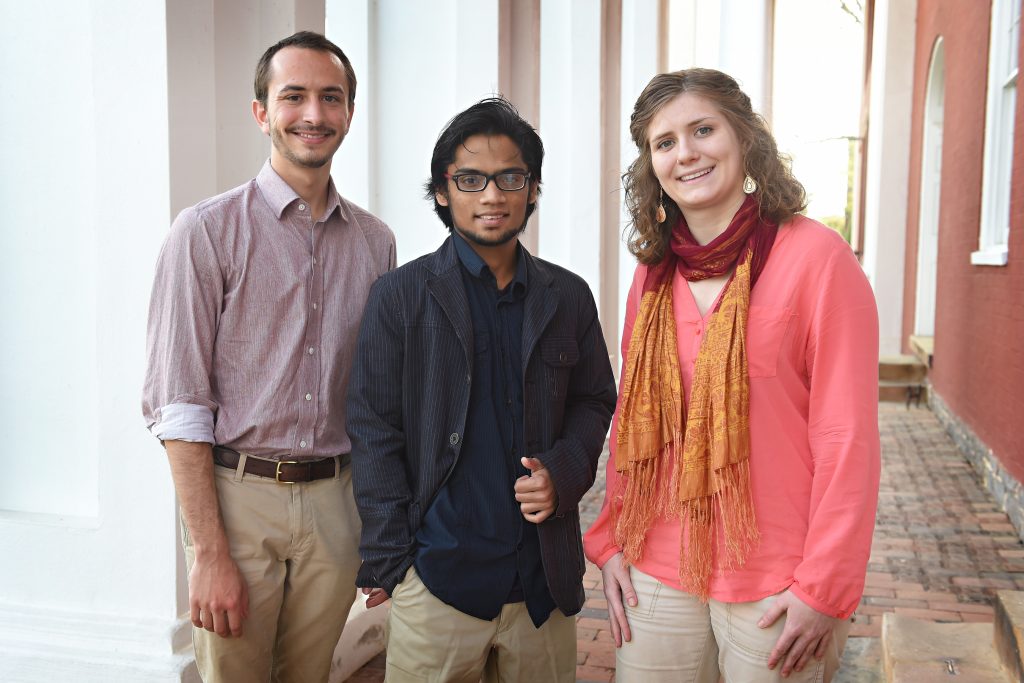Home
About Us
Improving Health of People with Intellectual Disabilities Program
by: Iola BonggayThe Centers for Disease Control and Prevention, otherwise referred to as CDC, is a federal government agency operating within the United States Department of Health and Human Services that is greatly responsible for protecting public health and safety through the provision of information to enhance health decisions and the promotion of health through partnerships with state health departments and other organizations.
|
|
The grants and initiatives of the CDC are all geared towards the realization of its general agency mission which is to collaborate with other agencies "to create the expertise, information, and tools that people and communities need to protect their health – through health promotion, prevention of disease, injury and disability, and preparedness for new health threats."
In keeping with this mission, the Centers for Disease Control and Prevention has constituted the Improving Health of People with Intellectual Disabilities Program in an attempt to financially support initiatives for people suffering from intellectual disabilities, thereby seeking to increase healthy behaviors and improve access to appropriate health services.
The program also intends to identify comorbid conditions and a number of poor healthy behaviors in people with intellectual disability (ID) to in order to somehow find a way to reduce or totally eliminate these behaviors and make way for better health practices.
Initially, the program is set to focus primarily on US populations but could also extend its activities internationally. By the end of the tenure of the grant, the recipient should have accomplished the following program objectives:
a) Provide health assessments, referral to services, and education to people with ID;
b) Provide health promotion training, information, and encouragement to people with ID and, when appropriate, their caregivers or service providers;
c) Train health care professionals to develop improved skills in their care of people with ID;
(continued...)
Improving Health of People with Intellectual Disabilities Program
Page 2
About The Author
Iola Bonggay is an editor of TopGovernmentGrants.com one the the most comprehensive Websites offering information on government grants and federal government programs. She also maintains Websites providing resources on environmental grants and grants for youth programs. |
Additional Resources
category - Health Grants
OMICS Technologies For Predictive Modeling of Infectious Diseases Program
National Institutes of Health funds the Improving Adherence to Treatment Regimens for HIV-Positive Adolescents and Young Adults
Health Care Fraud Program Expansion and Senior Medical Patrol Capacity Building Grants
Nurse Education, Practice, Quality and Retention (NEPQR) Program - Interprofessional Collaborative Practice
Follow @topgovtgrant
Social Entrepreneurship
Spotlight
Williams School: First-Ever Social Entrepreneurship Summit

The Williams School’s J. Lawrence Connolly Center for Entrepreneurship held its first-ever Social Entrepreneurship Summit on May 2. Business administration professor Drew Hess and his wife, Megan, also a business professor at the Williams School, arranged to gather a dozen student leaders to dinner. They wanted to search for ways the campus and the Williams School could support social entrepreneurship.
